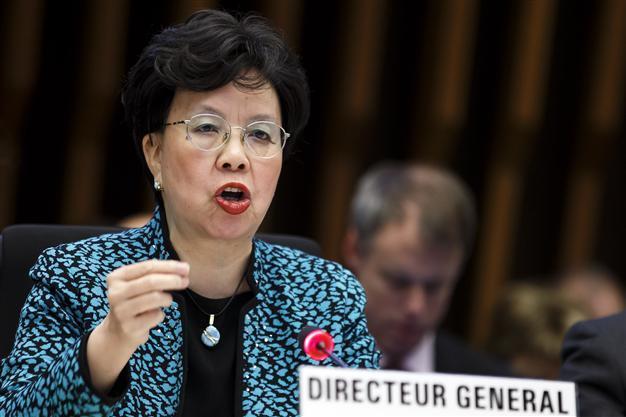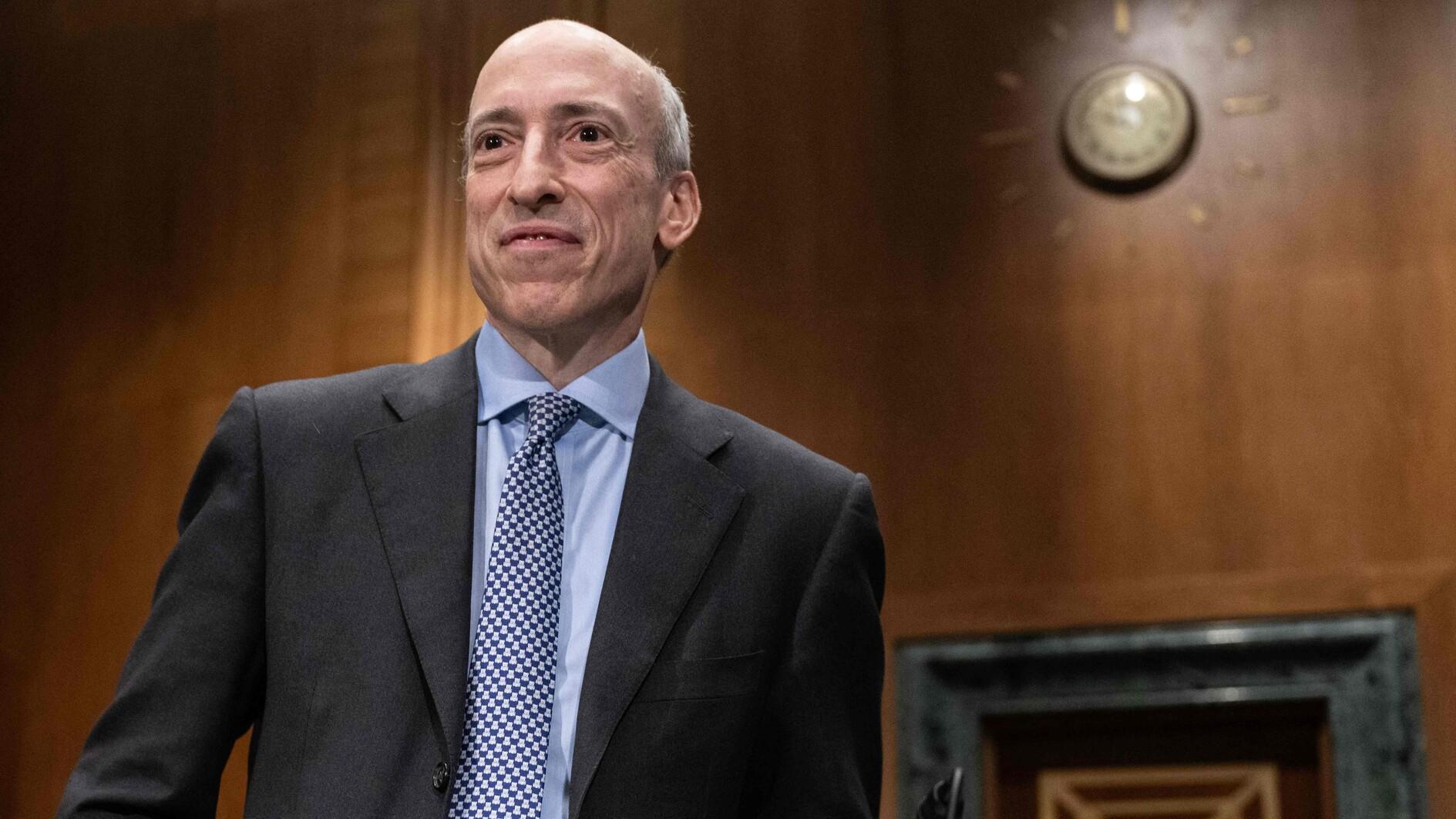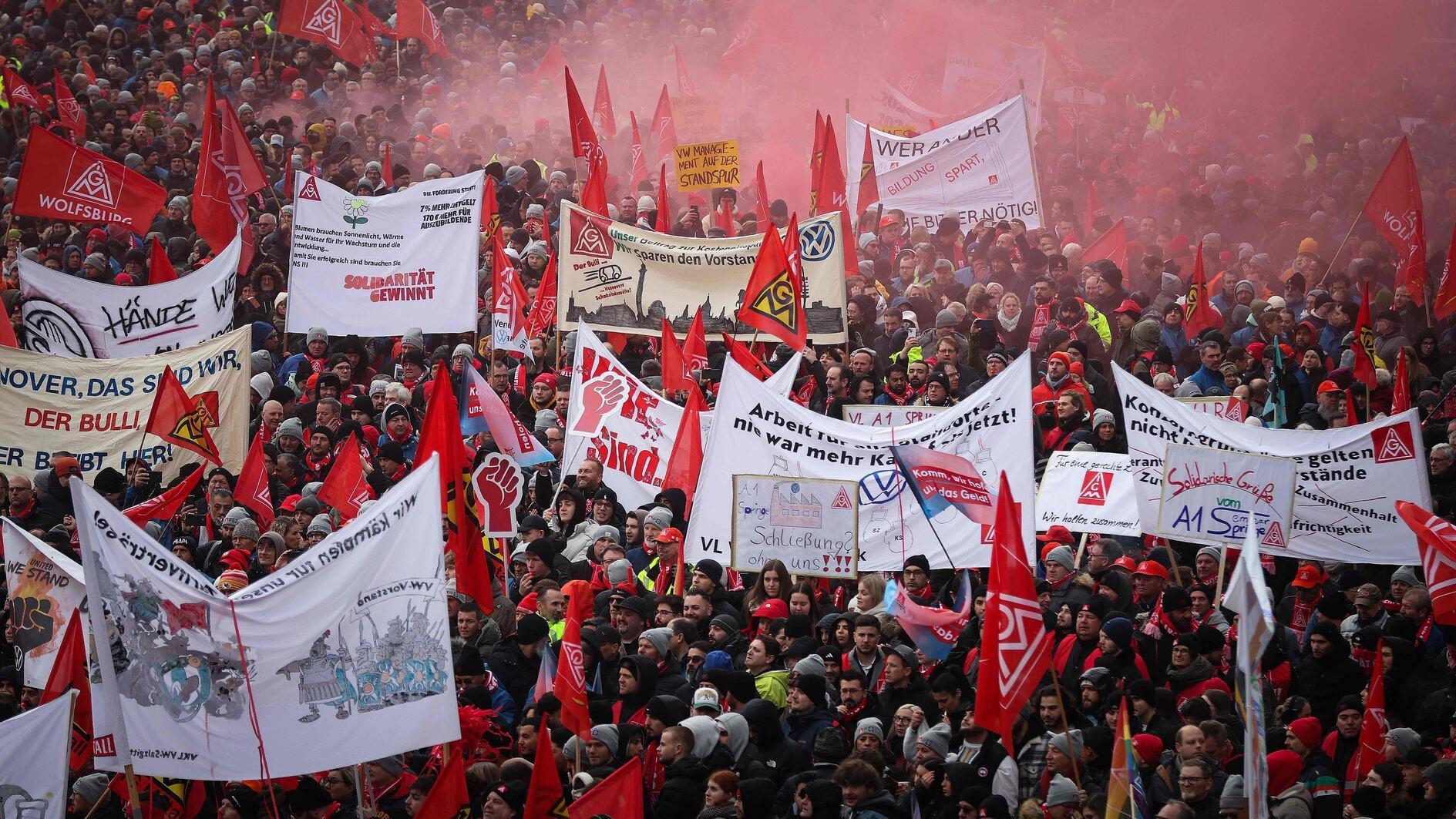WHO pledges reforms as it admits Ebola mistakes
GENEVA - Agence France-Presse

Margaret Chan, Director General of the World Health Organization, WHO, addresses her statement during the special session on Ebola of the Executive Board at the headquarters of the WHO in Geneva, Switzerland, Sunday, Jan. 25, 2015. AP Photo
The World Health Organization's chief on Jan. 25 admitted the UN agency had been caught napping on Ebola and pledged reforms to avoid similar mistakes in future.Despite turning a corner in the fight against Ebola, there was no room for complacency, WHO head Margaret Chan told a rare emergency session of the agency.
Chan acknowledged blistering criticism that WHO's response to the epidemic had been slow and shoddy and called for a revamp of its crisis management techniques.
"This was west Africa's first experience with the virus and it delivered some horrific shocks and surprises," she said.
"The world, including WHO, was too slow to see what was unfolding before us," she told delegates at only the third emergency session in the history of the WHO.
"The data tell us we have bent the curve and avoided the worst-case scenario," she said. "Ebola is a tragedy that has taught the world, including WHO, many lessons also about how to prevent similar events in the future," she said.
"Never again should the world be caught by surprise, unprepared."
Chan also told AFP that "the priority in 2015 is to help countries get the Ebola rate down to zero."
A resolution adopted at the end of the session called for the creation of a war chest to fight future epidemics with Britain immediately pledging $10 million (nine million euros).
Chan said the overall aim was to create a contingency fund of $100 million, which would be "a good starting point".
Other measures agreed upon included faster recruitment and deployment of frontline workers in future emergencies, the development of "quality, safe, effective and affordable vaccines and treatments", and streamlining and strengthening the WHO's response with the naming of a WHO special representative to coordinate and oversee the Ebola fight.
The worst outbreak of the virus in history has seen nearly 9,000 deaths in a year -- almost all in the three west African countries of Liberia, Guinea and Sierra Leone -- and sparked a major health scare worldwide.
"Countries must be supported to have their own workforce for responding to emergencies, trained and drilled to perform with military precision," Chan said.
David Nabarro, the UN's Ebola coordinator, said "responses must be strategic, strong and speedy" in the future, acknowledging "weaknesses" in the global action against the epidemic.
But he noted a string of generous contributions in funds, expertise and help in building up the creaky health infrastructure of the worst-hit countries, singling out Britain, China, France, the United States as well as the African Union and the west African regional bloc ECOWAS.
The WHO still came in for criticism from delegates at the conference.
"Too many times the technical is overruled by the political in WHO, we have to revise that," said Tom Frieden, the director of the US Centers for Disease Control and Prevention.
"The WHO we have is not the WHO we need," he said.
The conference also heard from Sierra Leonean nurse Rebecca Johnson, who survived the disease after a four-week treatment in December.
Johnson said she could not walk or talk and nearly went blind.
"But I have recovered my sight," she said.
Despite her recovery, Johnson said she was "stigmatised and am still stigmatised by some people in my community."
"I sometimes go to a (lonely) place and cry," she said, but ended her speech with a message of hope.
"Ebola is not the end of the world. Ebola can be beaten."
















